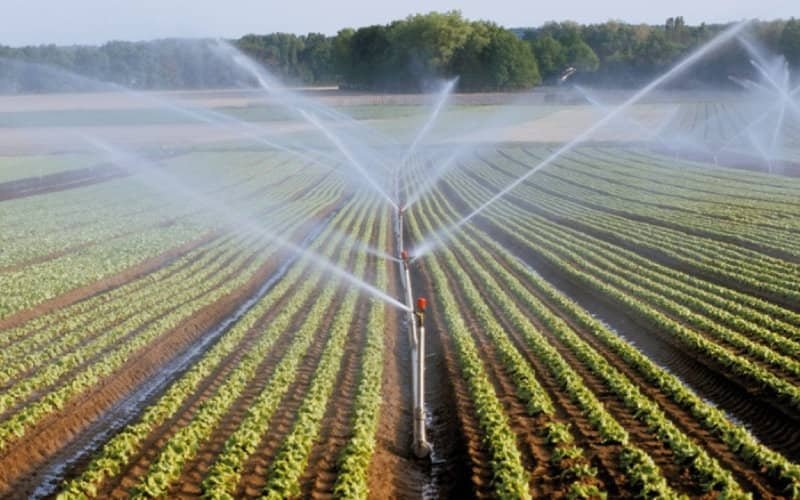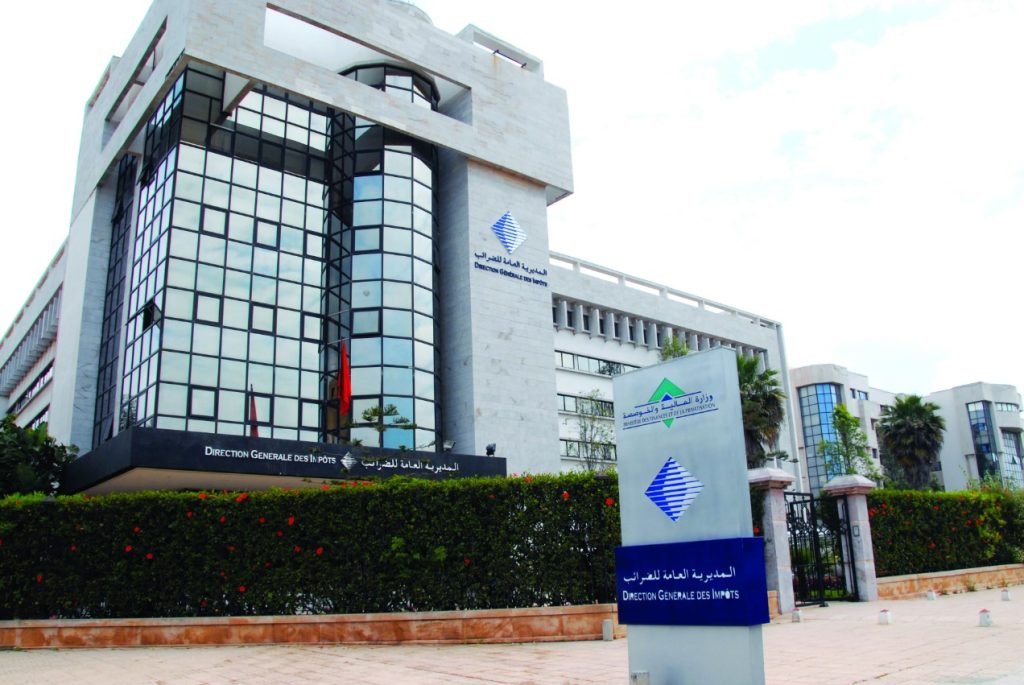The Kingdom of Morocco has announced the relaunch of its large-scale irrigation project in the Gharb Plain, a move that reflects its commitment to strengthening agricultural infrastructure and ensuring food and water security amid mounting climate challenges. The project, overseen by the Regional Office for Agricultural Development of Gharb (ORMVAG), will be implemented under a Public-Private Partnership (PPP) and will rely primarily on water from the Sebou Basin.
Phase One Implementation
The first stage of the project will cover 30,000 hectares, broken down as follows:
20,000 hectares dedicated to agricultural expansion in the Zrar, Zirara, and Beht Extension zones.
10,000 hectares aimed at securing and upgrading existing farmlands in the Beht East area.
This initial phase forms part of a broader hydro-agricultural development program targeting 72,000 hectares in the southeastern Gharb Plain, designed to optimize water resource utilization and expand high-value agricultural production.
Economic Impact
The project is expected to:
Boost agricultural productivity, particularly in export-oriented crops such as vegetables and red fruits.
Enhance the competitiveness of Moroccan agricultural products in European and Arab markets through consistent supply and improved quality standards.
Attract private investment along the agricultural value chain, from production to processing and marketing.
Create thousands of direct and indirect jobs, driving socio-economic development across the region.
Strategic Significance
The initiative aligns with Morocco’s National Water Strategy, which focuses on demand management and improving irrigation network efficiency, and the “Green Generation 2020-2030” strategy, which prioritizes sustainable agricultural investment. It also serves as a concrete response to climate change challenges by promoting modern irrigation techniques that reduce water losses and preserve natural resources.








